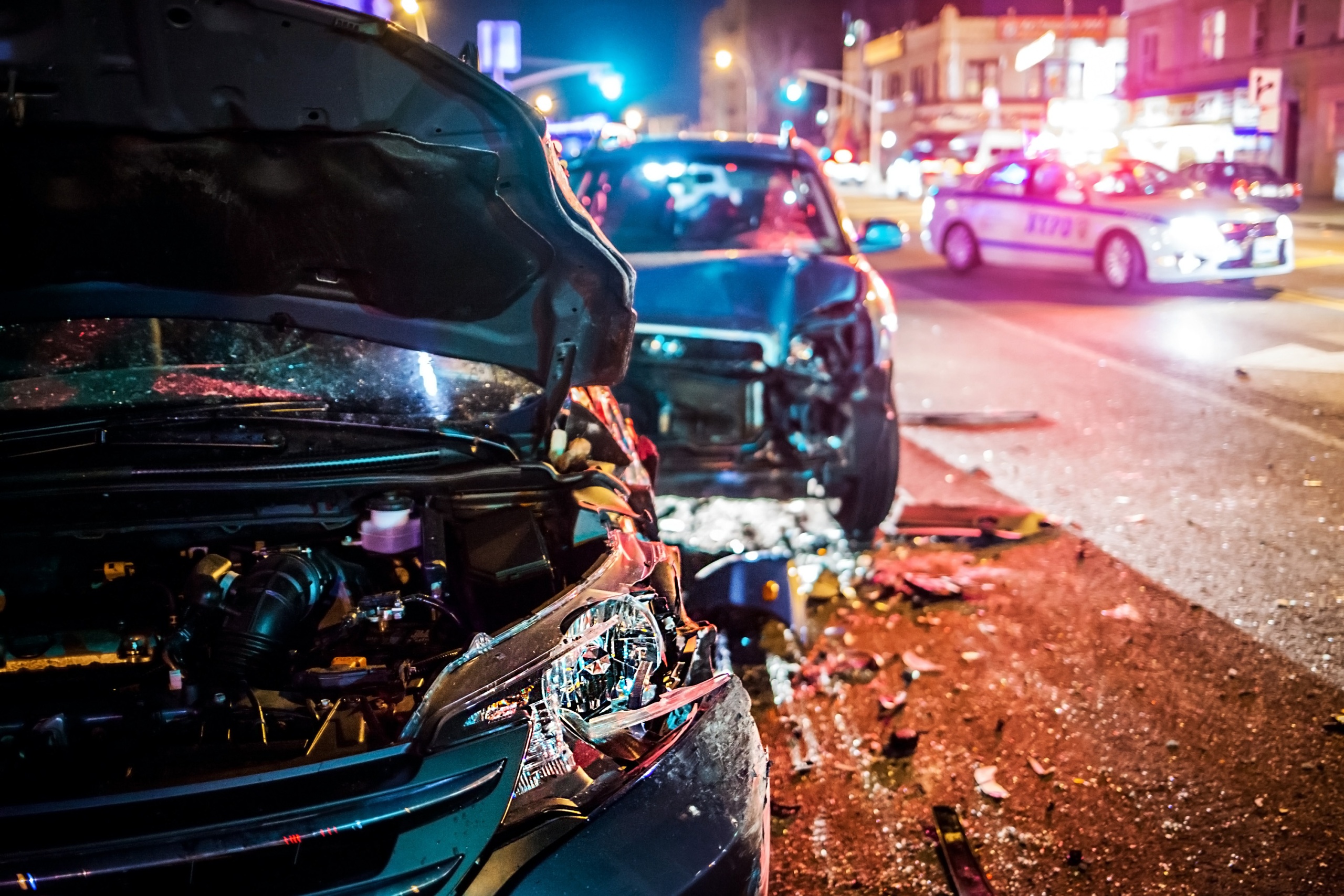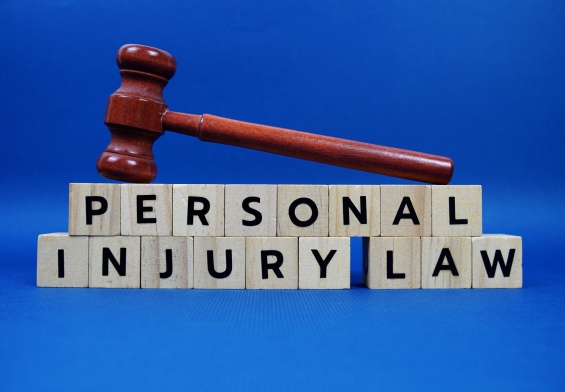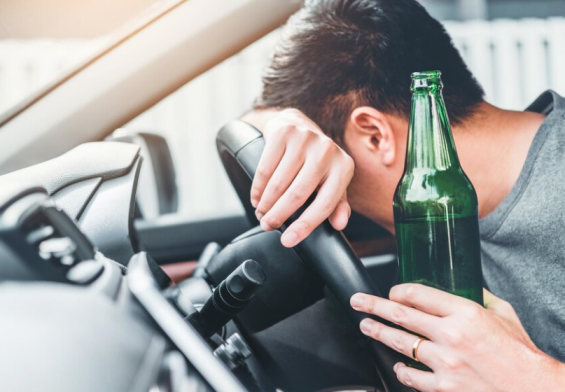If you’ve been injured in a car crash, fall, or other serious accident in Newark, Jersey City, Trenton, or anywhere in the Garden State—hiring the right accident attorney in NJ can shape your entire recovery. But with so many law firms advertising throughout North Jersey and South Jersey, how do you know who’s best prepared to help your specific case? It starts with knowing what to ask.
This guide breaks down the exact questions to ask a New Jersey accident attorney. You’ll also learn why they matter, so you feel confident moving forward with your personal injury claim.
Why Does Asking the Right Questions Matter?
Asking questions helps you separate lawyers who just handle cases from those who understand New Jersey personal injury law. You can tell who handles the strict filing deadlines for slip and fall claims, government entity rules for accidents on state highways like the New Jersey Turnpike, and access to crime victim compensation in Bergen, Essex, and Camden counties. It also ensures your attorney can protect your benefits, maximize your compensation, and support you through what may be a long recovery.
What to do next: Bring a printed list of questions to your consultation, and take notes during your meeting.
What Experience Do You Have with Personal Injury Cases in NJ?
Not all personal injury attorneys are the same—and in New Jersey, experience matters. You want someone who has handled cases like yours in this state. They should also understand how local courts in places like Hackensack, Morristown, or Elizabeth operate, as well as how insurance companies negotiate accident claims.
Ask:
- How much of your caseload involves NJ accident victims?
- Have you handled serious injury cases involving brain or spinal trauma?
- Have you represented clients in Passaic, Hudson, or Morris County Superior Court?
- What is your success rate with settlements versus trials in New Jersey?
What to do next: Ask for a specific example of a past NJ case like yours and what the outcome was.
Have You Handled Cases Under the NJ Tort Claims Act?
If your accident involved a public school, a state road (like Route 80, 287, or the Garden State Parkway), or a government worker, your case falls under New Jersey’s Tort Claims Act. This law requires you to file a formal notice within 90 days—and if you miss that deadline, you might not be able to sue.
Ask:
- Have you used the PACFS digital portal to file claims against municipalities?
- What if I’ve already missed the 90-day deadline—can I still file?
- Have you handled claims against NJ Transit or local police departments?
What to do next: If your accident involved a public agency, ask the lawyer to confirm whether you need to file a tort claim notice.
Who Might Be Legally Responsible for My NJ Accident Case?
You may think your case is simple, but liability isn’t always obvious in NJ. In a vehicle collision on Route 1, for example, there are many potential defendants. The at-fault driver, a vehicle manufacturer, a bar that overserved alcohol, or even a government agency may be liable. It depends on the circumstances.
New Jersey’s dram shop laws allow victims to hold alcohol-serving establishments responsible if they served alcohol to someone who was visibly intoxicated and that person went on to cause harm.
Ask:
- How will you identify all potential defendants in my accident?
- Will you conduct an independent investigation of my intersection crash?
- Do you consult accident reconstruction experts for cases like mine?
What to do next: Ask your lawyer to walk you through a “best-case” and “worst-case” scenario when it comes to liability.
What Compensation Can I Get for My Injuries?
New Jersey allows you to seek compensation for a range of damages. What’s available depends on who was at fault and how badly you were hurt. If you suffer permanent injuries, or need long-term care after an accident in Atlantic City, for example, your settlement could be large.
You may be eligible for:
- Medical costs and future treatment
- Lost wages and reduced earning potential
- Pain and suffering
- Funeral expenses (in wrongful death cases)
- Crime-related compensation through the VCCO
What to do next: Ask the attorney to estimate your case value based on your injuries and losses so far.
How Will You Help Me Keep My Government Benefits?
Many accident victims in Union, Mercer, and Somerset counties rely on Medicaid, SSDI, or public disability income. A settlement—if not structured properly—can affect those benefits. Your lawyer should help you avoid losing what you rely on.
Ask:
- Will you set up a special needs trust if needed?
- Can you coordinate with a public benefits advisor?
- Will this settlement affect my VCCO or disability payments?
What to do next: Make sure your attorney understands how to structure awards that protect state and federal entitlements.
How Do Your Fees Work, and Are There Upfront Costs?
Most NJ personal injury attorneys work on a contingency fee—you only pay if you win. But you still want to understand the specifics. These might include deductions or costs for expert witnesses, filing fees, or medical records from hospitals.
Ask:
- What percentage do you take if we win my slip and fall case?
- Are there any upfront or out-of-pocket costs for me?
- Will VCCO reimburse attorney fees if I’m eligible as a crime victim?
What to do next: Ask for a written explanation of the fee structure so you understand exactly what happens financially.
Am I Eligible for VCCO Compensation in NJ?
If your injury was the result of a violent crime anywhere in New Jersey—or if you were helping police—you may qualify for up to $25,000 through the Victims of Crime Compensation Office (VCCO). This is especially helpful if you’re waiting on a settlement.
VCCO benefits may cover:
- Medical care and counseling
- Lost income
- Relocation and funeral costs
- Domestic help and daycare
- Attorney fees for filing the claim
What to do next: Ask the attorney to help you determine if your injury qualifies and to assist with filing the VCCO claim if it does.
What If the Defendant Is a Government Agency?
Cases involving a state agency, city, or public employee in Trenton follow different legal procedures. These claims involve shorter deadlines, specific filing formats, and sometimes limited damages for accidents on state property.
Ask:
- Have you handled cases against NJ DOT, state hospitals, or police departments?
- What’s your strategy for suing public entities after a pothole accident?
- Can you help me file through the NJ Treasury’s PACFS system?
What to do next: Ask your attorney to identify if your case involves state or local government and what the process looks like.
Who Will Be My Point of Contact During the Case?
It’s important to know who you’ll be speaking with and how often. Some firms pass you off to paralegals. Others offer more direct access to the attorney handling your accident case.
Ask:
- Who will be my main point of contact?
- Will I hear from you regularly about my pedestrian accident claim?
- Can I text or email with questions about my Hudson County case?
What to do next: Choose a lawyer whose communication style matches your needs—and who makes you feel heard.
What Can I Do Right Now to Help My Case?
Taking small steps now can make a big difference later. From collecting documents to preserving your memory of the event, there’s a lot you can do to help your attorney build a strong case after your accident.
You should:
- Request the police report from Hoboken PD and save medical records
- Write down your memory of the incident in Atlantic City
- Save receipts and expense records from your Essex County medical providers
- Stay off social media
- Ask whether a tort claim or VCCO application should be filed ASAP
What to do next: Bring everything you’ve gathered to your initial consultation—even if you’re not sure it’s relevant.
Key Legal Terms Defined
Understanding these important legal terms will help you communicate more effectively with your New Jersey accident attorney:
VCCO (Victims of Crime Compensation Office): A New Jersey state agency that provides financial help to crime victims, including those injured during violent crimes. Coverage includes medical expenses, counseling, lost wages, and funeral costs up to $25,000.
Tort Claims Act: New Jersey law that establishes special procedures for filing claims against government entities. Requires notice within 90 days of your accident, with different liability standards than regular personal injury cases.
PACFS (Public Agency Claims Filing System): Online portal used in New Jersey to file claims against government entities like municipalities, counties, and state agencies.
Comparative Negligence: New Jersey follows this rule, which means your compensation may be reduced by your percentage of fault. You can still recover damages if you’re less than 51% responsible for the accident.
Contingency Fee: Payment arrangement where your attorney only receives payment if you win your case, typically taking a percentage of your settlement or award.
Special Needs Trust: Legal arrangement that can protect your government benefits (like Medicaid) when you receive a personal injury settlement.
Dram Shop Laws: New Jersey laws that allow accident victims to hold bars, restaurants, and liquor stores liable if they served alcohol to a visibly intoxicated person who later caused an accident.
Frequently Asked Questions by Accident Victims in NJ
How long do I have to file a personal injury claim in NJ?
In most personal injury cases in New Jersey, you have two years from the date of the accident to file a lawsuit. But, if a public entity is involved, a Notice of Tort Claim must be submitted within 90 days through the state’s digital portal. Missing this step could cost you your right to seek damages after an accident.
Can I file a claim if I was partially at fault?
Yes, New Jersey follows a comparative negligence rule. If you’re less than 51% responsible for your accident, you can still recover damages. The amount will be reduced by your percentage of fault.
Will my case go to trial?
Most cases settle out of court, especially when liability is clear and damages are well documented. That said, your attorney should still prepare for trial to protect your leverage in negotiations.
Can I receive both a settlement and VCCO compensation?
Yes, but VCCO is a payer of last resort. That means your award may be reduced if you’ve received insurance payouts or restitution after a Newark mugging—but the first $1,000 you receive doesn’t count against you.
Do I need a lawyer to apply for VCCO compensation?
No, but it can help. A lawyer can speed up the process, make sure your paperwork is correct, and connect your civil case with your VCCO claim to avoid delays or conflicts.
Prepared Questions Lead to Better Outcomes
Asking the right questions now can help you avoid delays, get better care, and recover more compensation for your New Jersey accident case. Whether you’re filing a claim against a government agency in Union County or applying for VCCO benefits after an assault in Atlantic City, you need someone who understands New Jersey’s rules—and how to fight for your recovery.
Bring this guide with you to your attorney consultation, and don’t be afraid to ask every single question. The right lawyer will welcome them—and answer them clearly. For a printable version of these questions, download our free checklist.
Have you been injured in a New Jersey accident? Contact an experienced accident attorney in NJ today to discuss your case and protect your rights to compensation.




